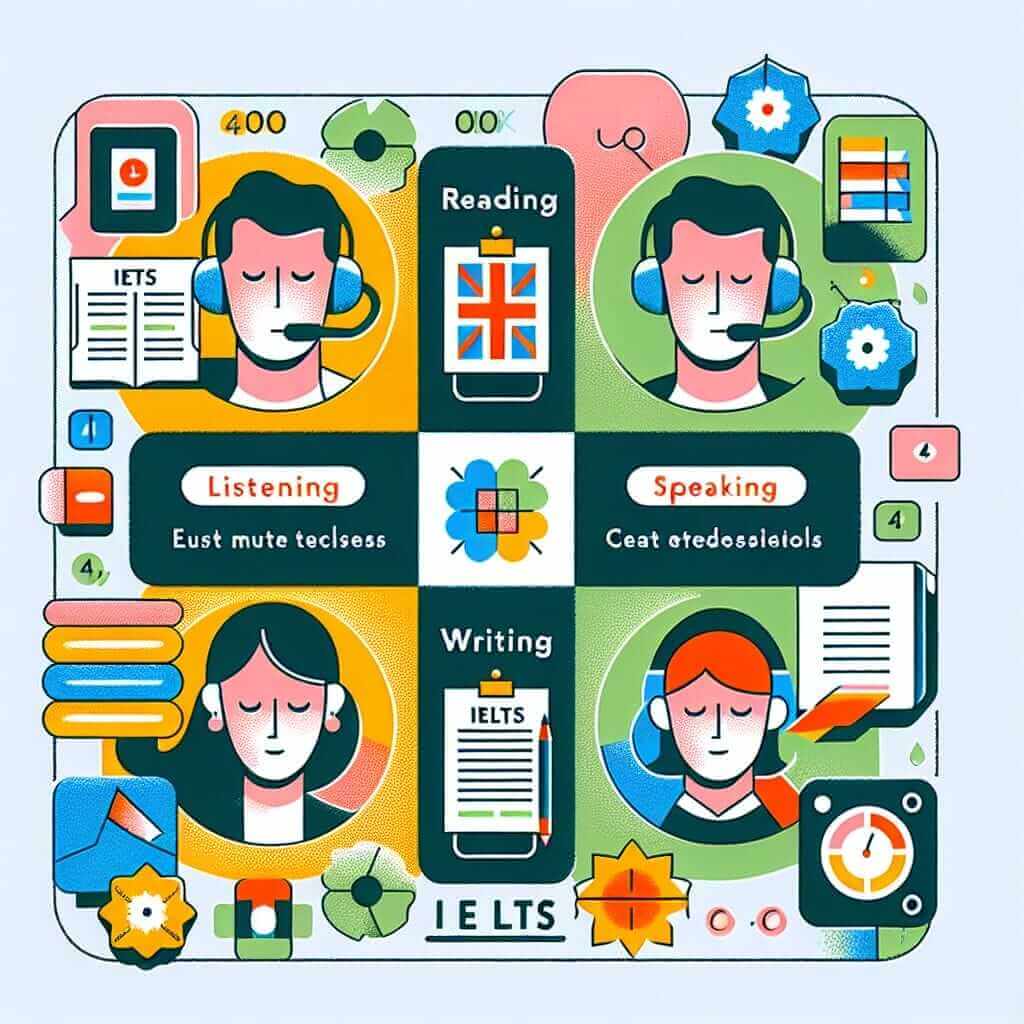The International English Language Testing System (IELTS) is a globally recognized English language proficiency test. For many, achieving a high IELTS score is a gateway to academic and professional opportunities. As an IELTS instructor with over two decades of experience, I’ve witnessed firsthand the dedication and strategies that lead to success in this exam. This comprehensive guide will delve into proven methods to help you attain your desired IELTS score.
Understanding the IELTS Exam
Before delving into specific strategies, it’s crucial to understand the structure and assessment criteria of the IELTS exam.
IELTS Modules:
The IELTS exam is divided into four modules:
- Listening: This module assesses your ability to understand spoken English in various contexts.
- Reading: This module evaluates your comprehension skills for different types of written English.
- Writing: This module tests your ability to express yourself clearly and cohesively in written English.
- Speaking: This module assesses your fluency, pronunciation, grammar, and vocabulary in spoken English.
Key Strategies for IELTS Success
1. Mastering English Language Skills
Vocabulary Enhancement:
- Read extensively: Explore a variety of English texts, such as newspapers, magazines, and novels.
- Use a Thesaurus: Expand your vocabulary by learning synonyms and antonyms.
- Learn collocations: Familiarize yourself with words that frequently go together (e.g., “heavy rain,” “make a decision”).
Grammar Proficiency:
- Review grammar rules: Identify your grammatical weaknesses and focus on improving them.
- Practice regularly: Engage in grammar exercises and activities.
Pronunciation and Fluency:
- Listen actively: Pay attention to native speakers and imitate their pronunciation.
- Record yourself: Listen to your own speaking to identify areas for improvement.
- Practice speaking regularly: Engage in conversations with English speakers or language partners.

2. Understanding IELTS Assessment Criteria
Each IELTS module has specific assessment criteria. Familiarize yourself with these criteria to understand what examiners are looking for in your responses.
- Fluency and Coherence: This criterion assesses your ability to speak or write smoothly and logically.
- Lexical Resource: This criterion evaluates the range and accuracy of your vocabulary.
- Grammatical Range and Accuracy: This criterion measures your ability to use a variety of grammatical structures correctly.
- Pronunciation: This criterion assesses your ability to pronounce English words and sounds clearly.
3. Effective Time Management
Time management is critical in the IELTS exam.
- Practice under timed conditions: Familiarize yourself with the time limits for each module.
- Develop a pacing strategy: Allocate your time wisely for each question or task.
4. Analyzing Sample Questions and Responses
- Review past IELTS exam papers: Familiarize yourself with the types of questions asked.
- Analyze model answers: Pay attention to the structure, language, and ideas used in high-scoring responses.
Example: IELTS Speaking Test – Part 2
Topic: Describe a person who has had a significant influence on your life.
Model Response:
“One person who has profoundly influenced my life is my grandmother. She was a woman of immense resilience and compassion. Growing up, I witnessed her unwavering determination in the face of adversity. She taught me the importance of perseverance, hard work, and kindness. Her influence has shaped my values and inspired me to strive for excellence in all aspects of my life.”
Analysis:
This response demonstrates fluency and coherence. The speaker uses a range of vocabulary (e.g., “profoundly influenced,” “resilience,” “unwavering determination”). The grammar is accurate, and the response is well-structured.
Conclusion
Achieving a high IELTS score requires a combination of strong English language skills, effective exam strategies, and consistent practice. By focusing on vocabulary enhancement, grammar proficiency, pronunciation, understanding assessment criteria, managing time effectively, and analyzing sample responses, you can significantly improve your chances of success. Remember, perseverance and dedication are key. Good luck with your IELTS journey!